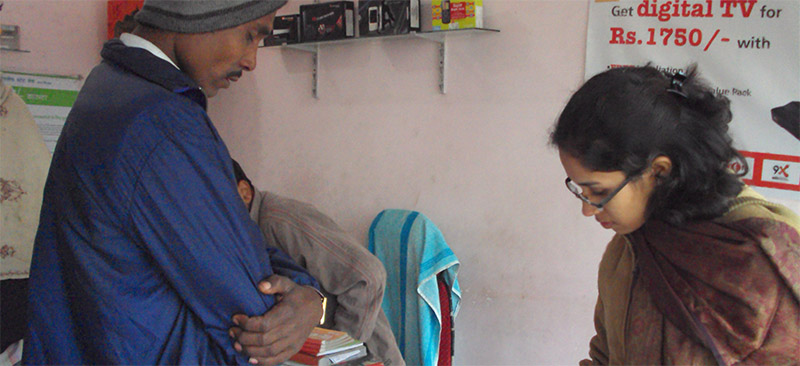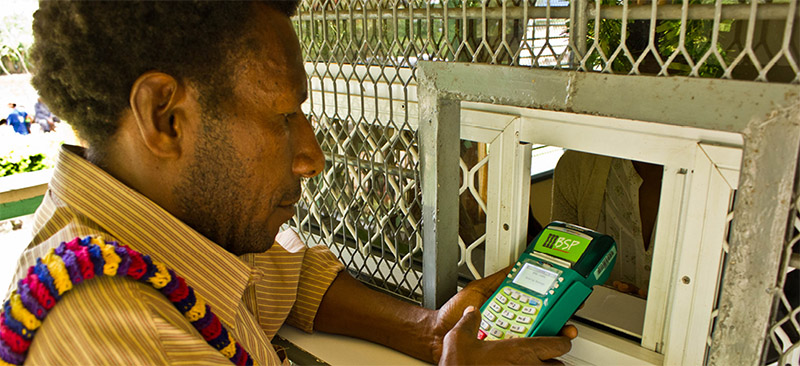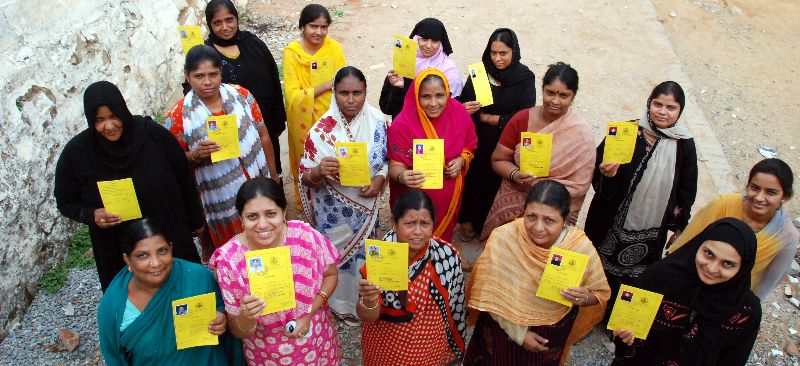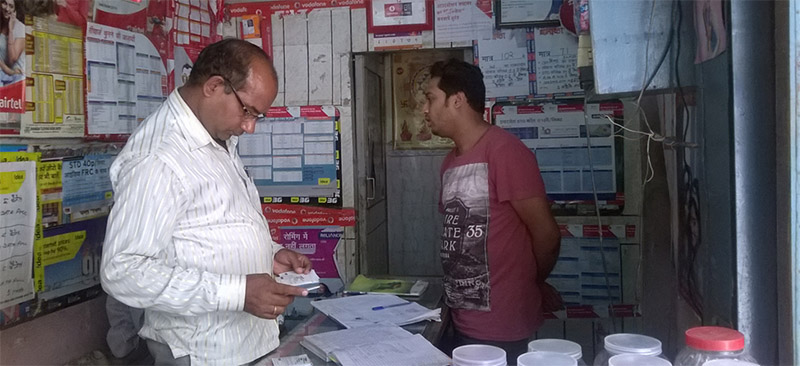M-banking is maturing into a global industry, such that it is possible to determine the steps that providers have taken to reach a tipping point. This Briefing Note seeks to provide pointers and ideas for achieving scale. It examines: providing value addition to cash; incentivising customers; building an agent network; transaction drivers; how pays and how; and where to provide services.
Blog
M-Banking Agent Selection
Selecting the right agents is critical to the success of a mobile banking initiative, especially during the most difficult introductory period as the solution seeks acceptance in its target market. This Briefing Note reviews agent selection, management and retention.
Microfinance In India: Built On Sales Targets or Loyal Clients?
The core market for MFIs is the very weaker sections as defined by the priority sector lending requirements of the Reserve Bank of India. As such, MFIs offer a tremendous opportunity for the state, (which wants to see these vulnerable groups “financially included” with access to a range of financial services, particularly credit) and to the banks, (which need to achieve their priority sector lending requirements). Strong relationships and in-depth understanding of the needs of clients are key to addressing the problems of multiple borrowing and over-indebtedness. MFIs will need to diversify the range of services they offer to encompass insurance, savings and even remittance services – probably through m-banking platforms.
Compartamos Achievements Outreach and Financial Sustainability Part 1
In this video series-1, Carlos Danel, Founder and Co-CEO of Compartamos Bank Mexico speaks about the factors that enabled them to become the regional industry leader and provide financial services to more than one million poor women in the rural areas. He also enlists the various products and services Compartamos provides to its customers.
Does Mobile Banking Require A Card?
Mobile banking was always going to be the alternative to cards, a cheaper easier to manage product/channel combination that would sweep away the straight jacket of pricing and rules associated with the card industry. However it now seems likely that realising the full potential of mobile banking is most likely to come from the integration of mobile and card solutions, products and channels.
Product Development Booklet
The Product Development is the second publication under the Optimising Performance and Efficiency (OPE) Series. The OPE Series brings together key insights and ideas on specific topics, with clear objective of providing microfinance practitioners with practical and actionable advice.
The Product Development Booklet is a compendium of MicroSave’s Briefing Notes and India Focus Notes with focus on a wide range of opportunities, issues and challenges. This brief publication mines MicroSave’s rich experience and blends it with that of leading consultants and practitioners in the field of product development and research. There are enriching experiences from Asia and Africa where MicroSave has partnered with a number of MFIs in delivering its product development expertise along with market research. Product development is one of the core areas which determine expansion of MFIs in relation to its target clientele.




